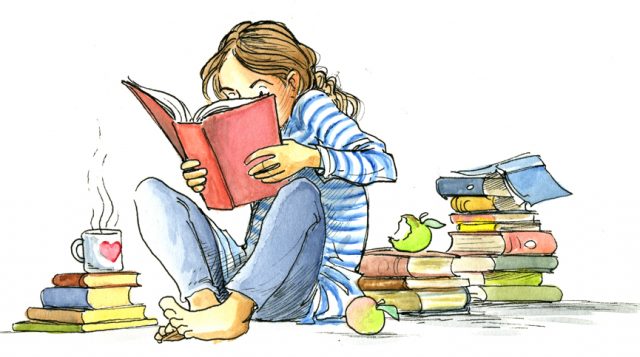
By Lynne Rodgers (of North Brisbane Psychologists)
“I always thought I was weird. Now I realise I’m just an introvert!” – Book Reviewer (goodreads.com)
Have you ever heard someone say, “I’m an extrovert – I like to be out all weekend” or “She’s such an introvert. I can’t get her to leave the house!”? Introverts and extroverts are often seen as being in distinct boxes: you are either in one or the other. But introversion and extroversion are temperament traits not boxes. Imagine them as points on a very long line, rather than final destinations. If we drew that line with “E” at one end and “I” at the other, we all sit somewhere on the line. We might be more “E” than “I” but no one is fully described by the “E” or “I” box. We all sit somewhere amidst the spectrum of preferences and behaviours.
If you are more down the “E” end, you probably build and restore your energy by seeking out and spending time in the company of others. You may need a larger number of people – friends, family, acquaintances, colleagues to fill your emotional tank. You are happy with more social interaction. You are probably comfortable with multi-tasking, thinking on your feet, being assertive, and risk-taking, and too much solitude may freak you out. You probably like to talk more than you like to listen. You may have no hesitation sharing or showcasing details of your life online.
If you are more down the “I” end you probably need fewer numbers of people to socialise and interact with. You have social skills and two or three close, confiding friends may be sufficient to fill your emotional tank (alongside daily or weekly interactions with acquaintances, colleagues and family). You may have great concentration and focus skills, hate conflict, like listening more than talking, and to think before you speak. You need to re-energise between social encounters by spending time alone. Sharing your life online is sometimes harder because too much attention and not enough privacy makes you feel vulnerable.
Sometimes we get judgments from our culture that it’s a bad thing to be an introvert; that introvert = anti-social, withdrawn, even a “loser”. Introverts still need people – our human brains are hard-wired for social connection – but in smaller quantities with plenty of time to re-energise in their own company. Famous creative introverts include: Bill Gates, JK Rowlings, Barak Obama, Mark Zuckerberg, Steve Wosniak (the other Apply guy), Hilary Clinton, Steven Spielberg, Dr Suess, and Meryl Streep.
Susan Cain writes and speaks eloquently about reclaiming the power of being an introvert. She asks: Why might introverts prefer to sit and read a book when they could be out making new business contacts? Cain presents evidence that the difference between introversion and extroversion is largely related to underlying brain physiology, and hence, is beyond the individual’s control. But more importantly, she argues that there is absolutely nothing wrong with being introverted. Society needs sensitive, risk-averse introverts just as much as it needs brash, risk-tolerant extroverts. In fact, it may need them more.
Susan’s book “Quiet: The Power of Introverts in a World That Can’t Stop Talking” is a great read for introverts, “pseudo-extroverts” and perplexed extroverts.
If you are interested in reflecting more on where you might “sit on the line”, how this may be affecting your relationships, and how you can best draw on your natural strengths, explore this with a good therapist or look for one of the many online tests available.
Struggling with your mental health? North Brisbane Psychologists can help. Book an appointment today!
